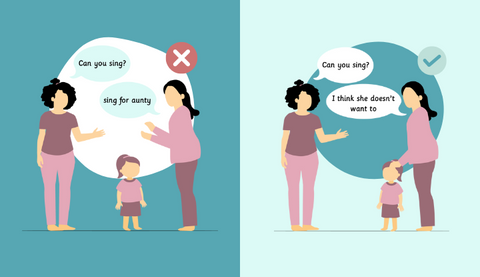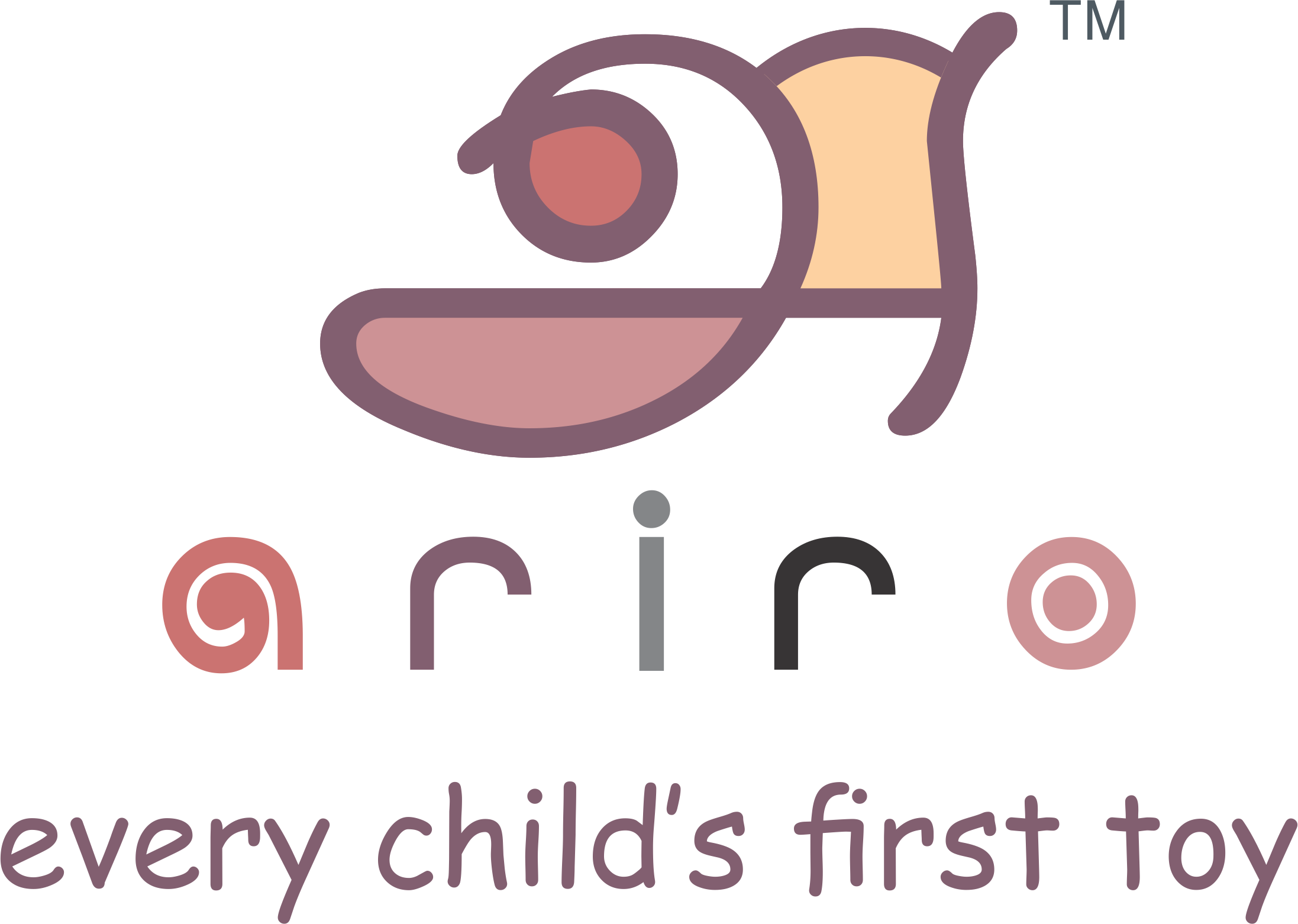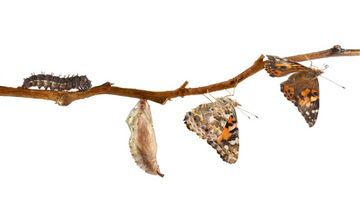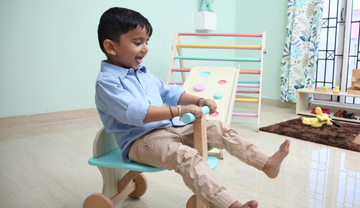
(Author Ms.Nithya Ramachandran - Montessori Guide and Consultant)

In simple terms, ‘consent’ is giving permission for something to happen. It is concept that even many adults struggle to understand and apply. To teach toddlers about consent might seem premature and unnecessary but it is the first step teaching them about body autonomy and to help prevent child sexual abuse.
When we hear child sexual abuse, we immediately think about teaching concepts of ‘good touch’ and ‘bad touch’. However, these concepts may be vague for toddlers who are still developing intellectually, socially, and psychologically. It may confuse and scare them instead of helping them. Instead, here are some tips for you to help introduce and expose your toddler to the idea of consent.
- You can begin right from birth – whenever you are picking up your baby, explain to them what you are going to do. For example, instead of picking up your baby without warning to change their diaper, let them know beforehand by saying – ‘You have a wet diaper, I am going to pick you up and change your diaper now’. Babies understand tone and body language and will soon begin to cooperate and collaborate with you in these processes.

- Name the body parts while changing, bathing, and massaging you baby. Use the scientific terms in whichever language you are comfortable with but do not have nicknames for private parts and bodily functions. Knowing the accurate term and hearing you use it will normalise these terms and will help your toddler communicate with you and others clearly regarding this

- Explain to your toddlers about saying ‘no’ if they are not comfortable with what someone is doing to them. Tell them that their bodies are their own and they have the right to let people know if something is making them uncomfortable. For example – let your toddlers know that it is okay to say ‘no’ and ‘please stop’ if a friend or relative is hugging or kissing them without seeking their consent or despite them expressing that they do not want to be hugged or kissed.

- Be your child’s advocate for bodily autonomy – if a relative or friend insists on hugging or kissing your child when your chid clearly does not like it, step in, and tell them that your child doesn’t want to be touched now.Read books, have conversations and do role plays around consent. Whenever a character in a book asks for consent or doesn’t when they should have, point it out to your toddler and discuss about what happened. You can also do role plays with your toddler about consent by taking turns to practice asking for consent in different life situations.

Although introducing the idea of consent to toddlers might seem daunting at first, it is important to begin early and revisit the concepts often till they get a hang of it. Understanding and practising consent is a crucial step in understanding personal boundaries and building healthy relationships.








